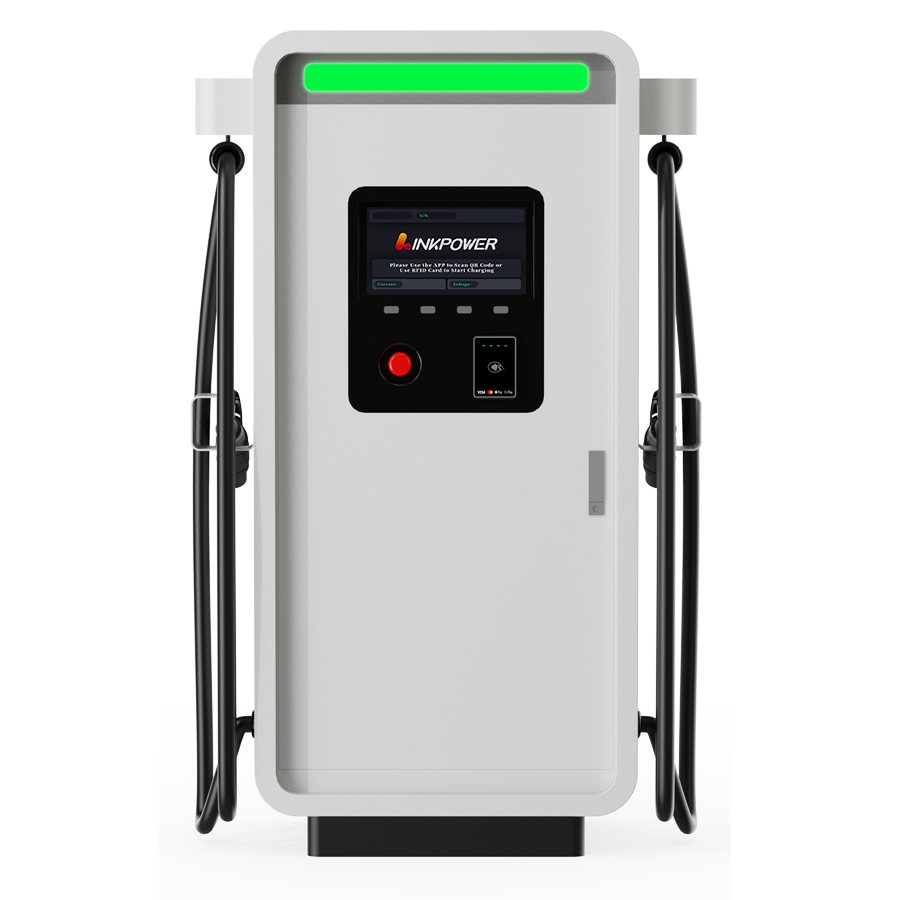As the electric vehicle (EV) market expands rapidly, the demand for charging stations is increasing, presenting a lucrative business opportunity. This article delves into how to profit from EV charging stations, the essentials for starting a charging station business, and the selection of high-performance DC fast chargers.
Introduction
The rise of electric vehicles is transforming the automotive landscape, driven by technological advancements, environmental concerns, and shifting consumer preferences. With EV adoption accelerating, the need for reliable and efficient charging infrastructure is more pressing than ever. This presents an exciting opportunity for entrepreneurs to enter the EV charging station business.
Understanding the dynamics of this market is crucial for success. Key factors include location, charging technology, and pricing models. Effective strategies can lead to significant revenue streams while contributing to a sustainable future. This article outlines essential steps to establish an EV charging business, emphasizes the importance of high-performance DC fast chargers, and discusses various business models to maximize profitability.
How to Make Money from Electric Car Charging Stations
Location Selection: Choose high-traffic areas such as shopping centers, highways, and urban locations to maximize visibility and usage.
Charging Fees: Implement competitive pricing strategies. Options include pay-per-use or subscription models, appealing to different customer preferences.
Partnerships: Collaborate with businesses to offer charging as an added service, such as retailers or hotels, providing mutual benefits.
Government Incentives: Leverage subsidies or tax credits available for EV infrastructure development, enhancing your profit margins.
Value-Added Services: Offer additional amenities like Wi-Fi, food services, or lounges to enhance the customer experience and generate extra revenue.
How to Start an Electric Vehicle Charging Station Business
Market Research: Analyze local demand, competitor landscape, and potential customer demographics to identify the best opportunities.
Business Model: Determine the type of charging station (Level 2, DC fast chargers) and business model (franchise, independent) that aligns with your goals.
Permits and Regulations: Navigate local regulations, zoning laws, and environmental assessments to ensure compliance.
Infrastructure Setup: Invest in reliable charging equipment, preferably with advanced charging management software to optimize operations and customer engagement.
Marketing Strategy: Develop a robust marketing plan to promote your services, leveraging online platforms and local outreach.
Selecting High-Performance DC Fast Chargers
Charger Specifications: Look for chargers that offer high power output (50 kW and above) to minimize charging time for users.
Compatibility: Ensure the chargers are compatible with various EV models, providing versatility for all customers.
Durability: Invest in robust, weatherproof chargers that can withstand outdoor conditions, reducing maintenance costs.
User Interface: Select chargers with intuitive interfaces and reliable payment systems to enhance user experience.
Future-Proofing: Consider chargers that can be upgraded or expanded as technology evolves and EV demand increases.
Linkpower is a premier manufacturer of EV chargers, offering a complete suite of EV charging solutions. Leveraging our vast experience, we are the perfect partners to support your transition to electric mobility.
Launched DUAL PORT DCFC 60-240KW NACSCCs1/CCS2 charging pile. DUAL PORT improves the utilization rate of the charging pile, supports customized ccs1/ccs2, fast charging speed, and improved efficiency.
The features are as follows:
1.Charging power range from DC60/80/120/160/180/240kW for flexible charging needs
2.Modular design for flexible configuration
3.Comprehensive certifications including CE, CB, UKCA, UV and RoHS
4.Integration with energy storage systems for enhanced deployment capabilities
5.Simple operation and maintenance through user-friendly interface
6.Seamless integration with energy storage systems (ESS) for flexible deployment in a variety of environments
Summary
The EV charging station business is not just a trend; it’s a sustainable venture with significant growth potential. By strategically selecting locations, pricing structures, and advanced charging technology, entrepreneurs can create a profitable business model. As the market matures, continuous adaptation and innovation will be key to staying competitive and meeting the evolving needs of electric vehicle owners.
Post time: Oct-25-2024




